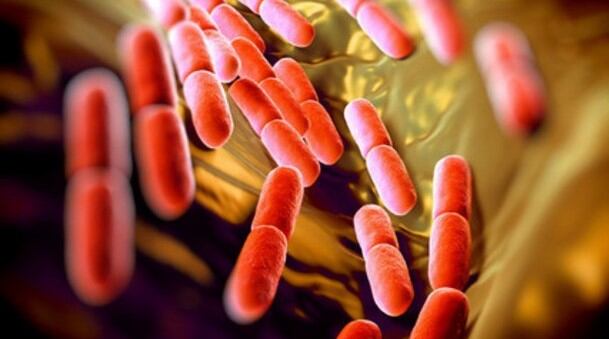The NOVOBIOME platform uses advanced techniques of cultivation and production to cover the entire cycle of next-generation probiotics (NGPs) particularly as live biotherapeutic products (LBPs).
The platform makes use of functional in-house facilities and infrastructure and combines it with new models and methods to overcome the complex nutritional requirements of anaerobic bacteria.
With a €50,000 grant awarded by the European Union's Horizon 2020 research and innovation program, Winclove aims to eventually provide the platform as a B2B fee for service to firms working on NGP-based LBPs.
“The SME-1 instrument project enabled Winclove Probiotics to identify an approach for and align the NOVOBIOME platform to the regulatory, manufacturing and commercial requirements of NGPs for its customers,” says Winclove.
“Winclove Probiotics will be developing NGPs as food supplements under the Novel Food regulatory framework.”
Consortium partners
Overseen by Winclove, the Novobiome project also involves partners in the probiotic space that include Prodigest, VivaCell Biotechnology, Wageningen University and Research Centre, and University Medical Centre Groningen.
“This grant will speed up the development of probiotic formulations with next-generation strains,” said Head of Winclove’s innovation department Marco van Es, in the firm’s in-house publication.
“We believe that NGPs, which have already demonstrated their beneficial health benefits, play an important role in the management of many chronic diseases.”
Whereas traditional probiotics are mainly derived from non-human origins, NGPs such as LBPs are human-derived and play a key role in overall human health.
This raises an issue when designing pre-clinical programmes to assess their safety, not helped by inconsistent and diverse guidelines and best practices that govern this process.
Probiotic companies in this space are also struggling with product development due to the intrinsic properties of NGPs.
LBP benefits occur when directly interacting with the host’s complex microbiota and/or a change in complex host-microbiota relations, indirectly leading to a biological effect within the host.
Product development therefore represents a real challenge, because their mechanism of action does not depend on absorption into the systemic circulation nor a simple connection between a ligand and a receptor.
What is important is the LBPs impact on the local ecosystem and the local host cells that use various direct and indirect mechanisms.
NGP examples
An example of an NGP associated with beneficial health effects is the anaerobic bacteria Faecalibacterium prausnitzii, an abundant species in the human gut and a producer of butyrate, a short-chain fatty acid linked to gut health.
Decreased populations of F.prausnitzii are linked to inflammatory bowel diseases and colorectal cancer.
Another candidate living in the human gut is Akkermansia muciniphilla, another anaerobic bacteria strongly linked to the proper functioning of the intestinal barrier.
The species is also associated with the development of diabetes, autism, obesity, metabolic disorders and Inflammatory bowel disease (IBD).


